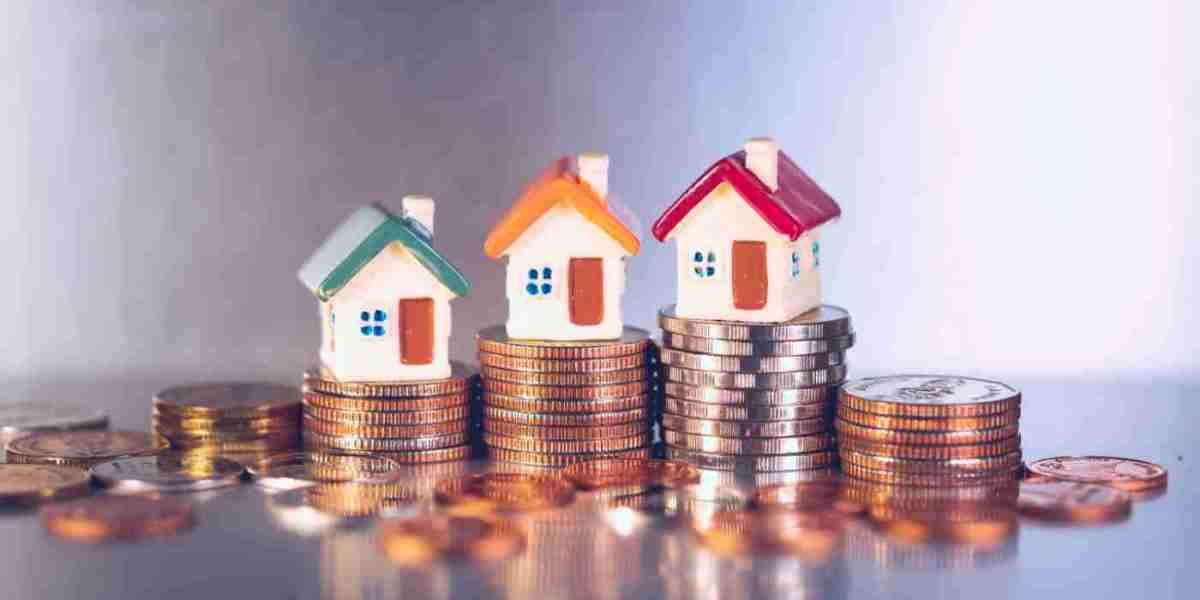Real estate is more than just property; it is a vital component of economic and social advancement. It plays a significant role in shaping our communities, providing opportunities for investment, and driving economic growth.
Economic Growth
Real estate is a powerful engine of economic growth. www.ayrealtygroup.com The development and construction of residential, commercial, and industrial properties create a multitude of jobs. This includes positions for architects, construction workers, real estate agents, and many others involved in the supply chain. Furthermore, real estate projects stimulate economic activity in related sectors, such as manufacturing, retail, and finance, leading to a more robust and diversified economy.
Investment Opportunities
Real estate offers diverse investment opportunities, appealing to a broad range of investors. Residential properties provide a steady source of rental income and the potential for property value appreciation. Commercial properties, including office buildings and retail spaces, offer significant returns through long-term leasing agreements. Additionally, Real Estate Investment Trusts (REITs) provide an accessible way for individuals to invest in the real estate market without direct property ownership, offering liquidity and portfolio diversification.
Urban Development
Urban development is deeply influenced by the real estate sector. The construction of new buildings and the revitalization of existing ones contribute to the growth and improvement of urban areas. Well-planned real estate projects can transform underdeveloped neighborhoods into vibrant, thriving communities. These projects enhance urban infrastructure, including transportation systems, public amenities, and green spaces, promoting sustainable and livable cities.
Social Impact
Real estate significantly impacts social well-being. Access to affordable, quality housing is essential for the health and stability of individuals and families. Collaborative efforts between governments and private developers are crucial to creating housing solutions that address various income levels, fostering inclusive communities. Well-designed residential areas provide essential amenities, recreational facilities, and green spaces, contributing to a higher quality of life and promoting social interaction.
Market Stability
The real estate market is a key indicator of economic stability. Trends in property prices and demand often reflect broader economic conditions. A stable and growing real estate market signals a healthy economy, while market downturns can indicate financial difficulties. By closely monitoring real estate trends, policymakers and investors can make informed decisions that promote economic stability and growth.
In conclusion, real estate is a critical driver of economic and social advancement. Its influence extends beyond property transactions, affecting job creation, investment opportunities, urban development, and social well-being. Recognizing and leveraging the importance of real estate can lead to strategic decisions that foster sustainable growth and improve the quality of life for individuals and communities alike.


